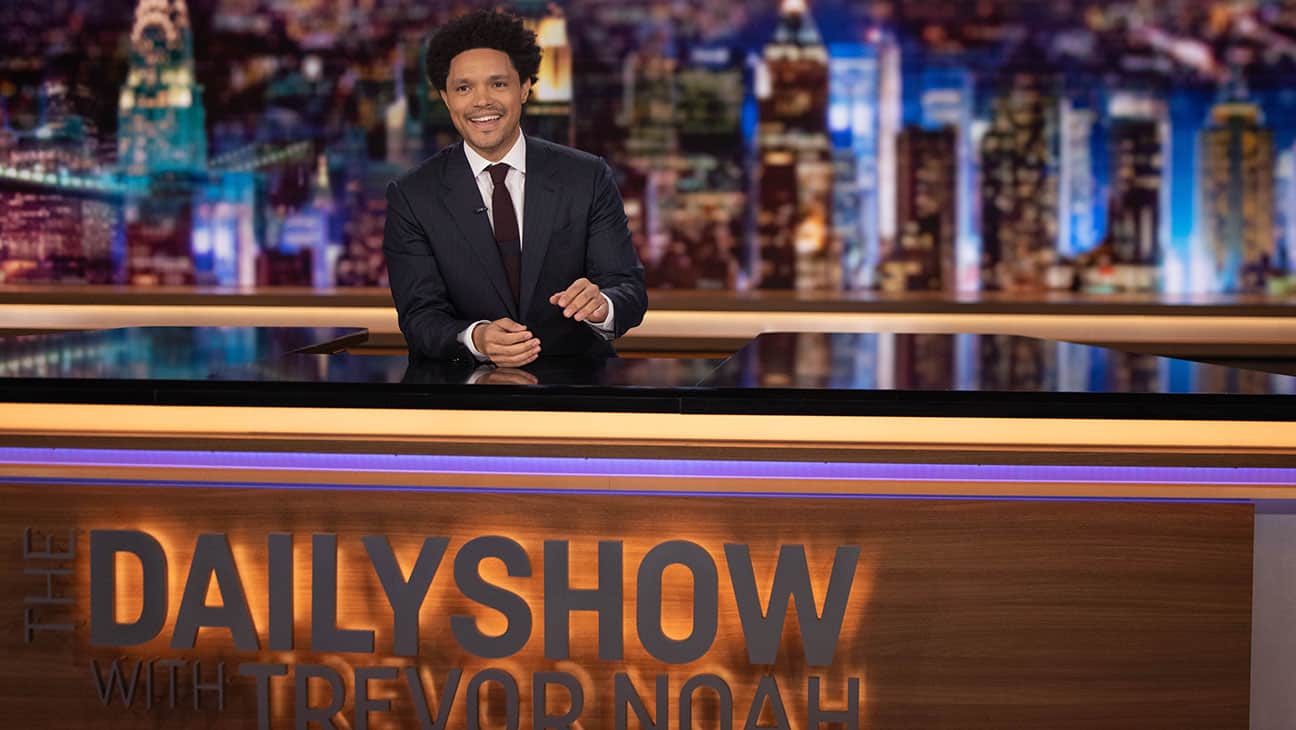In the ever-evolving landscape of legal sports betting and online gambling, a peculiar discrepancy has emerged. While sports wagering has flourished in around 30 states across the nation, online casino gambling remains limited to only six states. This anomaly has left industry experts and lawmakers scratching their heads as they explore the reasons behind this disparity.
During the East Coast Gaming Congress held in Atlantic City, executives and legislators from gambling states gathered to shed light on the issue. New Jersey, Connecticut, Delaware, Michigan, Pennsylvania, and West Virginia are the exclusive six states that have legalized internet gambling, while Nevada offers online poker but not casino games. In stark contrast, a whopping 33 states, along with Washington, D.C., have embraced legal sports betting.
“It’s a mystery to me why we have 30 or so states that have sports wagering and only six that allow i-gaming,” remarked Lloyd Levenson, an esteemed attorney representing several Atlantic City casino companies. He expressed his bewilderment, emphasizing the need for further investigation into this puzzling situation.
Difference in Revenue
Shawn Fluharty, the minority whip of the West Virginia House of Delegates, added to the discussion by highlighting the surprising discrepancy in revenue between online gambling and sports betting. Fluharty asserted that internet gambling generates significantly more revenue than its sports betting counterpart.
In West Virginia, for instance, the monthly revenue from online casinos surpasses the total revenue from three months of sports betting. This stark contrast in financial gains begs the question of why internet gambling has yet to expand more widely.
Within the gambling industry and state legislatures, concerns persist regarding the potential cannibalization of revenue from traditional brick-and-mortar casinos if internet gambling is authorized. However, the experience of New Jersey contradicts this fear.
In 2022, New Jersey’s internet gambling revenue amounted to a staggering $1.6 billion, a growth of over 21% compared to the previous year. Meanwhile, the nine casinos in Atlantic City recorded a 9% increase in revenue, winning nearly $2.8 billion from in-person gamblers. These figures demonstrate that online gambling can successfully coexist with physical casinos, debunking the notion of revenue cannibalization.
Internet Gambling Legislation Thwarted in Indiana
Indiana State Senator Jon Ford expressed disappointment over his state’s unsuccessful attempt to pass internet gambling legislation. The effort was hindered, at least in part, by an analytical report from legislative researchers who expressed concerns about the potential negative impact on brick-and-mortar casino revenue.
Ford, questioning the validity of the report, intends to reintroduce the bill in the upcoming year, determined to overcome the obstacles faced previously.
Howard Glaser, global head of government affairs at Light & Wonder, a prominent gambling equipment manufacturer, lamented the current state of efforts to expand internet gambling, describing them as “dead in every state this year.”
He attributed the stagnation to the ongoing struggle for dominance within the casino industry and the apprehension of established casino companies toward perceived existential threats. The fight for a share of the revenue pie seems to hinder progress in the expansion of internet gambling.

Furthermore, the political landscape plays a role in the sluggish pace of internet gambling legislation. With approximately 65% of the country governed by Republican-controlled state legislatures, gambling expansion faces an additional hurdle. Republicans, generally less inclined to favor gambling, let alone its expansion, pose challenges for advocates of online gambling.
However, industry insiders remain hopeful that the waning federal pandemic-related aid will spur states to explore alternative sources of revenue to avoid raising taxes. This shift in financial needs could potentially reignite interest in Internet gambling among various states.
During the panel discussion, industry experts identified New York and Indiana as the states most likely to adopt internet gambling within the next two years. Additionally, states that have recently embraced sports betting, such as Ohio, may also consider expanding into online casino gaming. Analysts estimate that the New York betting market alone has the potential to reach a staggering $3 billion, a figure that cannot be ignored.
Texas Potentially Changing Stance
While Texas remains a long shot in terms of legalizing internet gambling, Duane Bouligny, a managing director at Wells Fargo Bank, acknowledged a noticeable shift in the state’s sentiment towards gaming. Despite the growing optimism, Bouligny cautioned against expecting immediate progress in the Lone Star State. According to industry observers, other potential contenders for future expansion include Iowa and Illinois.
Siobhan Lane, CEO of Gaming for Light & Wonder, expressed her optimism regarding the expansion of internet gambling in the United States. Recognizing that i-gaming is still in its infancy, Lane emphasized the significant revenue generated by states like New Jersey, Pennsylvania, and Michigan, making it increasingly difficult for other states to overlook the potential benefits for long.
As the landscape continues to evolve, the peculiar dichotomy between sports betting and online casino gambling persists. The industry eagerly awaits further developments and hopes for a more unified approach to legalizing and regulating internet gambling across the nation.








